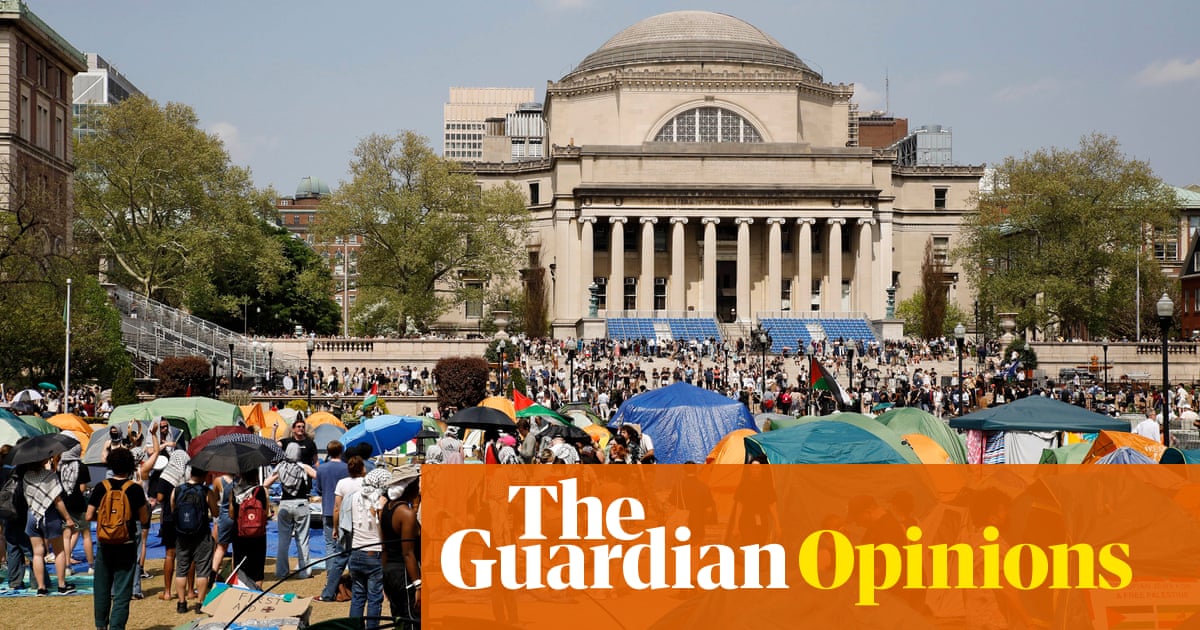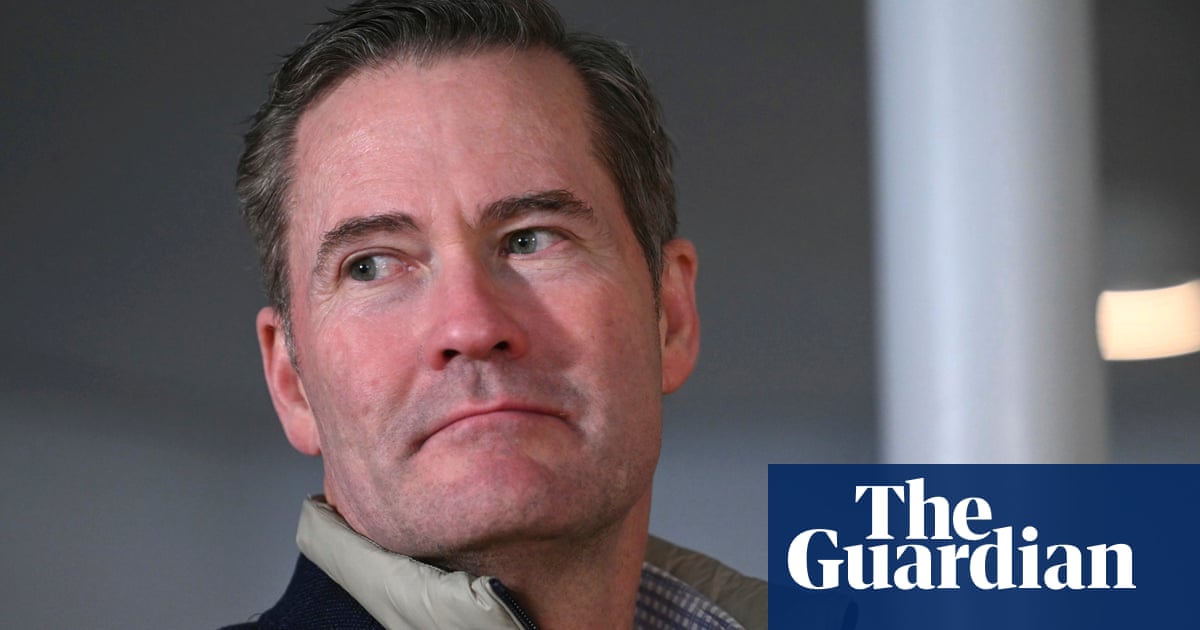LONDON — The second Trump administration may have ruffled the feathers of America’s allies, but there is also evidence it has boosted world leaders scrambling to deal with the White House’s norm-busting approach.
Some have gained plaudits for meeting Trump head-on, while others have taken a more nuanced line between flattering the president and trying to shore up their own interests against the headwinds blowing from Washington.
Canada’s Mark Carney is poised to win next month’s election by volubly rejecting President Donald Trump’s hostile advances to make his country the 51st state. On the flip side, Mexican President Claudia Sheinbaum has earned accolades for becoming something of a Trump whisperer, deftly responding to his tariff threats and seeing her own popularity rise accordingly.
In Europe, British Prime Minister Keir Starmer and French President Emmanuel Macron have received polling boosts following their widely praised Trump strategies. And the embattled Ukrainian President Volodymyr Zelenskyy has seen his numbers rise as he has tried to cope with Washington’s brusque approach.
Mexican President Claudia Sheinbaum.
“The standing of politicians who are having to deal with the crisis engendered by Trump’s presidency is leading to a rise in their popularity, if they seem to be doing this in a reasoned and proper way,” said Dominic Grieve, the former British attorney general and an ex-senior lawmaker for the Conservative Party.
To be clear, Trump is no panacea for leaders. Macron and Starmer are still relatively unpopular and face harsh criticisms on domestic issues that will likely decide future elections. Likewise, good polling numbers will be of limited cheer for Zelenskyy while the future of his entire country is in doubt.
Other analysts debate the extent to which this popularity boost is solely because of Trump, rather than the general climate of global instability and uncertainty of which Washington is a part.
“I’m not sure so how much it’s a Trump bounce or more of a international crisis bounce,” said Anand Menon, director of the think tank U.K. in a Changing Europe. “Insecurity means that, initially at least, trust in the government goes up.”
Still, the abrupt change of tone and policy from the White House is an undeniable factor.
Trump’s attacks on Canada have seen a remarkable turnaround for Carney’s Liberals. They were headed for historic losses, but Trump’s onslaught has seen them ride a wave of renewed Canadian nationalism and lead the polls at 45% ahead of April 28’s election.
“The old relationship we had with the United States,” Carney told a news conference Thursday, “is over.”
Mexico’s Sheinbaum has chosen a different tack, taking action on immigration and fentanyl trafficking — including sending 10,000 National Guard troops to the border. That earned a delay on Trump’s tariffs, as well as praise from the U.S. president, who called her “a wonderful woman.”
At home, she has mixed this strategy with a cerebral nationalism, telling voters that this is about “coordination, yes — submission, never.”
Her already high ratings have risen to 85%, according to the El Financiero newspaper in February.
In the United Kingdom, Starmer’s ratings have gone up 8.5 percentage points from February, according to the British pollster Ipsos. That followed an Oval Office meeting with Trump in which he mixed compliments with candor: talking up a potential trade deal while refusing to budge from a commitment to Ukraine.
British Prime Minister Keir Starmer with President Donald Trump in the Oval Office on Feb. 27.
He has promised to hike British defense spending to 2.5% of GDP by 2027, part of the wider nervousness in Europe about Trump’s commitment to the trans-Atlantic alliance.
The economy and health care will likely decide the next election. But defense is now the third most important issue for British voters, most polls show. And it is defense and international trade on which voters think Starmer is performing best, according to the Ipsos poll taken between March 14 and 17.
“Pretty much all of his readings have become somewhat less unpopular in the wake of his trip to Washington,” said John Curtice, one of Britain’s most respected polling experts and a professor at Scotland’s University of Strathclyde. “I think it’s fair to say the public have noticed that he’s risen to the challenge.”
Another man banging the drum on European defense is France’s Macron. He and Starmer are leading an informal “coalition of the willing” — a group of countries prepared to send troops to Ukraine to uphold any eventual ceasefire.
Likewise, the current international upheaval has seen Macron’s popularity jump to 31% in March, up 7 points from the previous month, according to an Ifop poll.
These numbers are still relatively low, however, and they may well be fleeting. Macron can’t run again in the next election, in 2027, but his centrist heirs risk losing the presidency to the far-right National Rally, the current favorite.
The same is true for Starmer, whose Labour Party has slid from a landslide victory last year to near parity with the Conservatives and hard-right Reform U.K. Most voters are worried about high prices for food, energy and housing, rather than their leader’s Oval Office repartee.
For any leader enjoying a momentary upside, Menon, of U.K. in a Changing Europe, has a word of warning: “I wouldn’t get complacent on the back of the fact that, right at the moment, things are looking a little bit better because Trump uncertainty.”
This article was originally published on NBCNews.com

 German (DE)
German (DE)  English (US)
English (US)  Spanish (ES)
Spanish (ES)  French (FR)
French (FR)  Hindi (IN)
Hindi (IN)  Italian (IT)
Italian (IT)  Russian (RU)
Russian (RU) 

























Comments